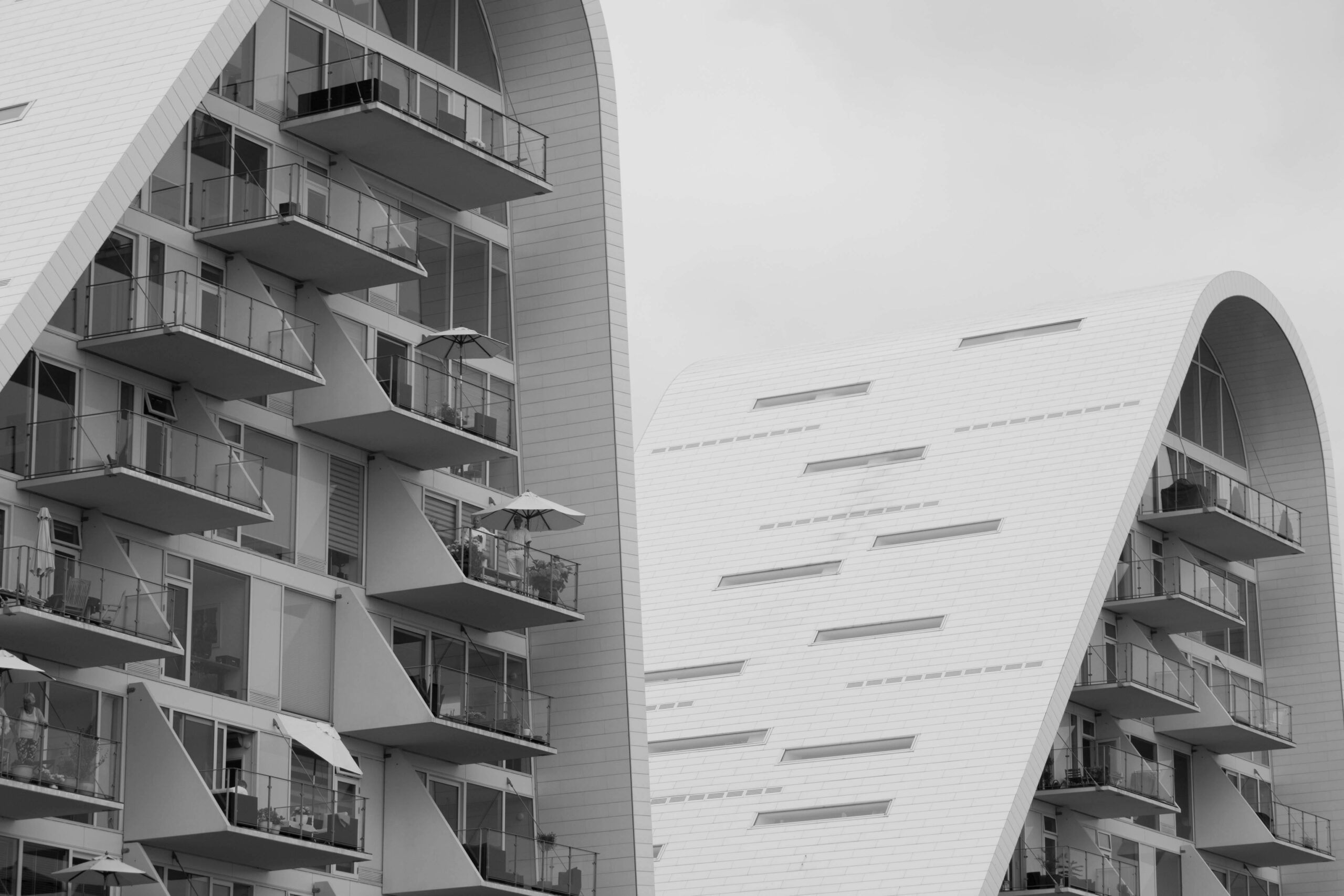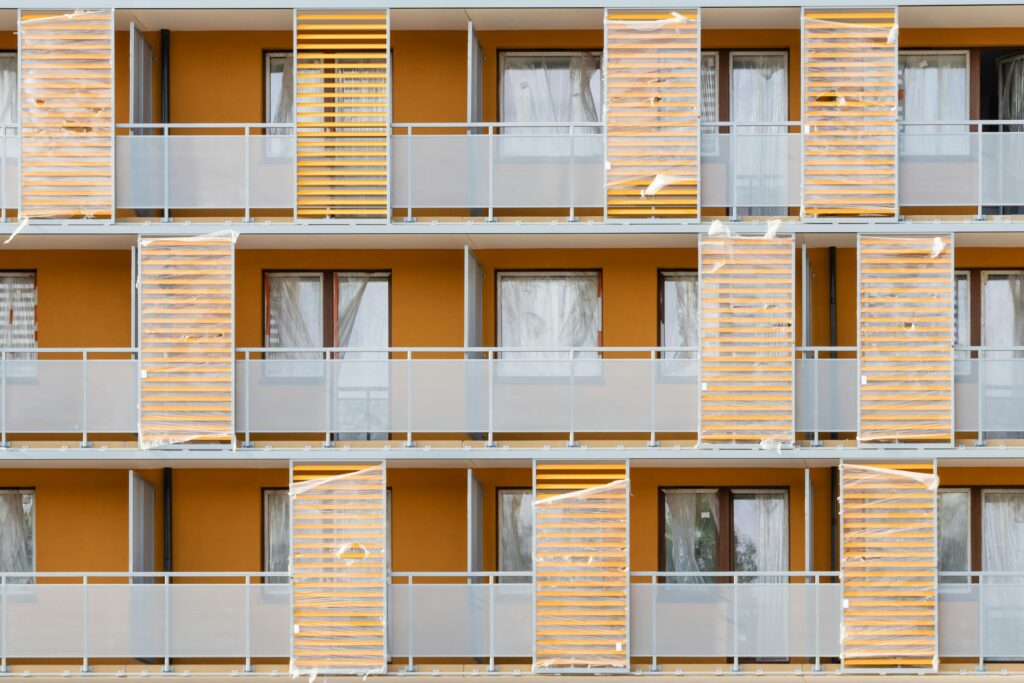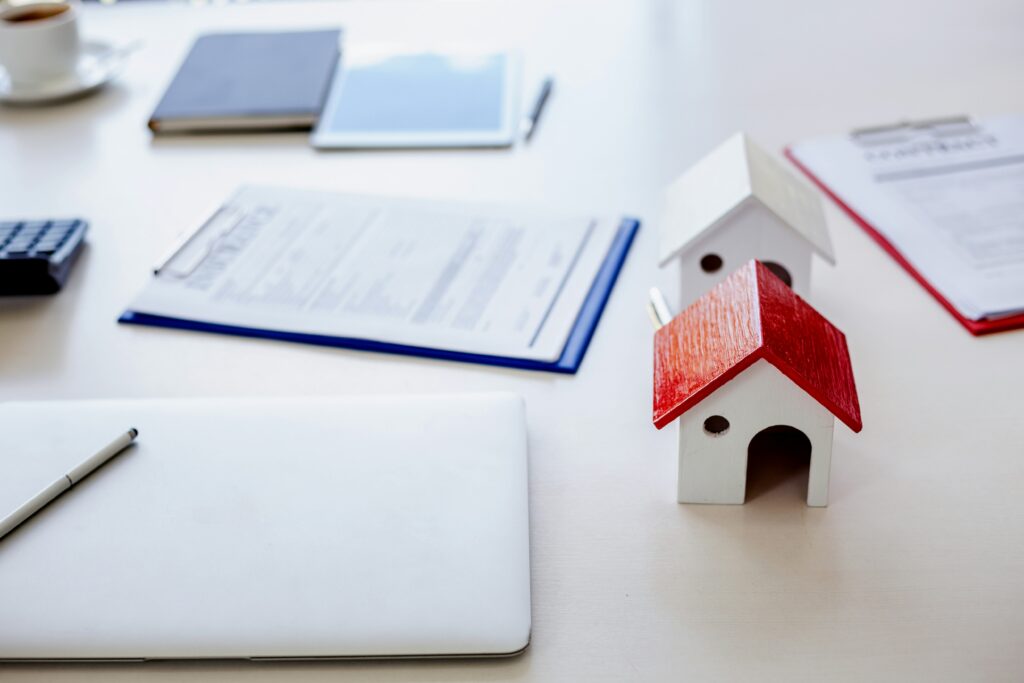Do Flats Go Up in Value?

Estimated reading time 7 minutes
Property investments can be a funny thing. One minute they are helping you make money, and the next you are losing cash and worrying whether it was ever a good idea to make such an investment.
Your ultimate goal is to see your house or flat go up in value. However, factors can come into play that either accelerate or slow down this increase, and in some cases, see that value slide downwards instead. Much will depend on the type of property you buy. A semi-detached house, for example, may change its value at a different speed than a terraced house. Equally a flat may see an increase in value faster than a detached house. Then you’d have to factor in the number of bedrooms, the location and the overall size of the home. It can be tough knowing where true value lies if turning a profit is goal in the future.
Flats are among the most sought property types in the UK and have been seen as a popular choice for investors and first-time buyers. Flats had been a proven success story in property investing, delivering significant returns for those looking to sell. Now though, in 2024, it would seem the bubble may have burst, or at best, is slowly deflating. The average price of a flat in the UK is gradually decreasing with owners having to decide, do they hang on and hope for a pick-up in prices, or sell a flat fast and avoid a further drop on value?
Do flats increase in value?
They did. In fact, flats were a premium property estate option for many. A report from Halifax back in 2015 showed that over a ten-year period, flats had increased in value by 60%. This saw a typical flat see as much as £730 added to its value every month of this decade.
Whether we will see such large increases again remains to be seen. A look at the 2024 House Price Index shows that 2024 has not fared as well against the prior year and this could be a sign of things to come.
| Month | 2023 Value | 2024 Value | Difference |
| Jan | £232,679 | £228,811 | -1.7% |
| Feb | £229,572 | £227,188 | -1.0% |
| Mar | £227,628 | £229,813 | 1.0% |
| Apr | £229,542 | £229,488 | 0.0% |
| May | £231,025 | £233,199 | -0.9% |
The HPI is published each month once data is fully complied from the Land Registry, this means that data for May is published in July, and we won’t see June data until middle to late August. Perhaps then, we will get a further sign of which trend flat prices are following. Rightmove also offers its own HPI, using slightly different data from the Government and it shows that the average price of any property coming to market has fallen by 0.4% in July, a drop that has doubled when compared to the 20-year July average.
Why are flats not increasing in value?
The data from the HPI shows the fall in prices is quite small so the chance for long-term investment success through buying a flat is certainly not off the table, it just depends on how much of a waiting game you are willing to play. You could hold on to the property for a few years and make significant gains, but if the prices slowly drop as they have done, you could soon see that sales make significant losses.
There could be several reasons for this fall and some of it could change.
The general election
With people unsure where to look and unsure of what is to come, there is every chance that buyers held off from taking the leap into securing a new home once the election was announced. This would then see sellers lower their asking price to drive the sale, especially if they wanted something more immediate. With a new government in place, we could see changes across the housing market.
The Euros
This may sound trivial to some, but in the July HPI report from Rightmove, they mention that not only was the election destabilising to the housing market but the success of the Three Lions was too. People wanted to enjoy their summer rather than focus on moving house, and with the football taking up a month, and the summer holidays following it up, the chances to sell or buy are vastly different to other times of year.
Cladding
Since the Grenfell disaster, much has been reported about poor building standards and cladding in particular. This has, understandably, seen buyers reluctant to buy flats. The unsafe practices carried out by cash-grabbing developers and the ignorance of local authorities in signing off such work completely rocked the confidence of those looking at flats to purchase. Furthermore, lenders saw these properties as such high risk, that they were not willing to lend on properties that couldn’t have their fire risks quantified.
This was then putting the seller in a tricky position. Nobody can buy their home and they cannot sell it. At one stage, it was estimated that over 23,000 flats, inhabited by around 56,000 people, were affected, and this was after some of the faulty buildings were rectified.
Expensive and slow leasehold renewals
In most cases, you’ll buy a flat as a leasehold property, in some circumstances, you can purchase a share of the freehold but this can be a little complex and requires you to work alongside other residents in the block. Typically, a lease should be renewed before it has anything left than 80 years remaining on it. However, people sometimes forget, and this can prove expensive, and see flat owners lower their price to sell fast and see someone else take on the lease renewal. At the same time, lenders can be reluctant to lend against a property with a short lease, and this then puts an owner in a position where the only way to sell is to sell cheaply.
Lease renewals can take as long as twelve months to complete and cost thousands. MoneySupermarket.com used a flat with an 85-year lease as an example. If this flat was to be worth £300,000 after the renewal, you could pay £10,000 for the lease extension premium, a further £900 in specialist fees and over £1,000 for solicitors. Should the lease be less than 80 years, you could find these costs increase much further. The Marriage value becomes payable at this stage, and this means potentially thousands more.
What to do if your flat won’t sell
If you are trying to sell your flat but are concerned that the value may keep falling, speak to Bettermove. We’ve seen that this year prices are slowly tumbling and whilst we have no crystal ball to predict the future, it may be advisable to consider a quick sale before prices drop much further. We work as a cash house buyer that ensures your flat sells and sells fast.
We offer two seamless options, which ensure the worry and stress of selling a flat are removed. You can sell it directly to us, or we can present your flat to a team of buyers who are all hunting for property across the country. The process is streamlined with a sale completed in as little as seven days if needed, and ultimately, it’s free. We sell your house for free so you don’t worry about losing any of the cash price to costly solicitors or surprise charges. Contact us today to see how we can help you beat the drop in flat value.



